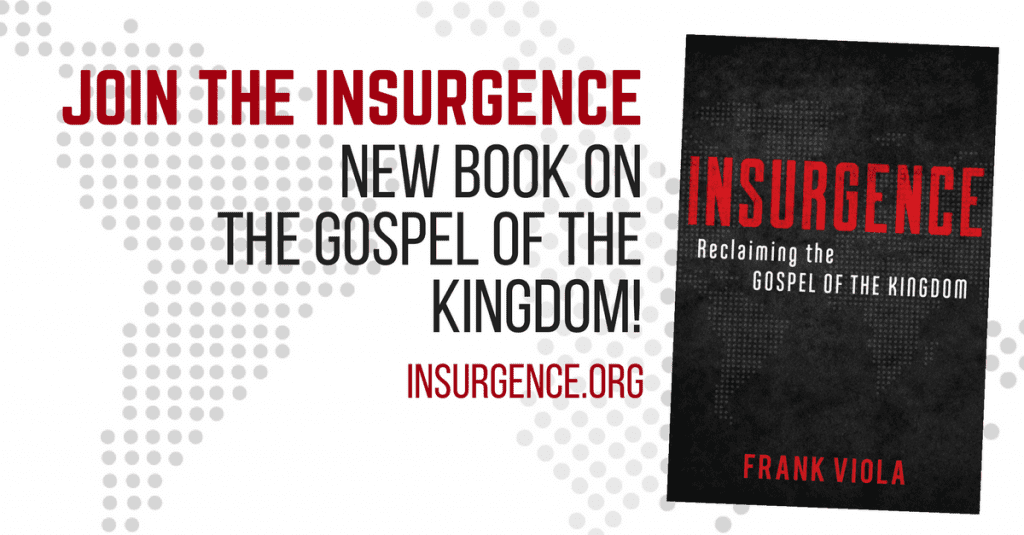The following is another guest article written by Gail Baker.
Enjoy!
—
I trust that God understands agnostics like my husband, Steve–angry at life’s injustice or simply angry at those who speak from the pulpit. God may discern in them greater intellectual and emotional sensitivity than in certain Christians.
Steve cries to distraction every time he watches the musical Les Miserables. His tears betray him, on cue, at every scene depicting God’s bewildering grace. Contending that Karl Malden, the priest in On the Waterfront, should have received an Oscar, he becomes emotionally charged every time he hears Father Barry’s rousing speech:
I came down here to keep a promise. I gave K.O. my word that if he stood up to the mob, I’d stand up with him … all the way and now K.O. Duggan is dead … Some people think the Crucifixion took place only on Calvary. They’d better wise up … Taking Joey Doyle’s life to keep him from testifying, is a crucifixion. Every time the mob puts pressure on a good man and tries to stop him from doing his duty as a citizen, that’s a crucifixion … Boys, this is my church and if you don’t think Christ isn’t down here on the waterfront, you’ve got another thing coming …
Though Steve may have valid criticisms of today’s Christians, he mistakenly projects their faults onto God, Himself. In doing so, he shoots at the wrong target, like a straw man. C.S. Lewis’ wrote, “The behavior of other Christians constitutes the best argument against Christianity.” I prefer, however, Rabbi Abraham Joshua Heschel’s statement, “God is greater than religion.”
Can we separate the sinful deeds of the faithful from the character of the Almighty? As a Jew, I rightly ask, “If Christianity is true, why has it produced such bad fruit for the Jewish people?” As a believer, I ask, “How did something so pure in origin get perverted in such a diabolical way?
The only answer that satisfies comes from an understanding of the dialectical relationship between good and evil. Karl Stern, in The Pillar of Fire, noted their symbiotic pairing in revelation history–with evil feeding off the good. Even as God revealed Himself at Sinai, the Israelites engaged in the evil of idol worship below. Likewise, even as Jesus walked the earth, the evil of anti-Semitism sought to destroy his message.
Despite the comparison flaws of the two examples, the principal still holds: Just as we cannot judge the credibility of the Abrahamic covenant by the rebellion of the Israelites, we cannot judge the veracity of Jesus’ message by the Church’s anti-Semitism. Ultimately, the battle between good and evil is fought within each human heart. Decent men of any stripe can succumb to a fatal flaw—be it anti-Semitism or some other heinous personal quirk.
—
Gail Baker is a progressive Jewish convert to Christianity seeking representation for her memoir, A Congregation of One. In it, she recounts the dissonance and conflict associated with religious switching as well as the insights, techniques, and lifestyle changes that led her to congruence. You can visit her site at acongregationofone.com













